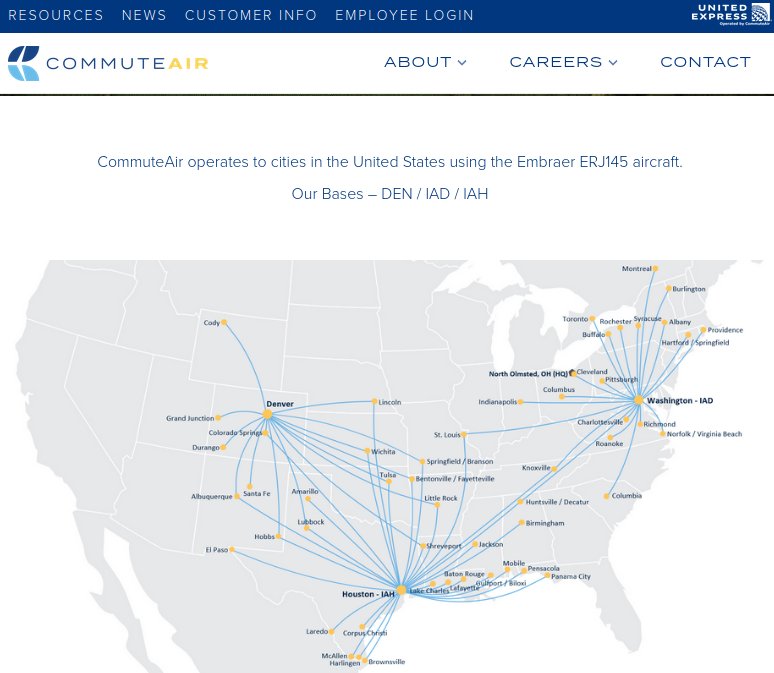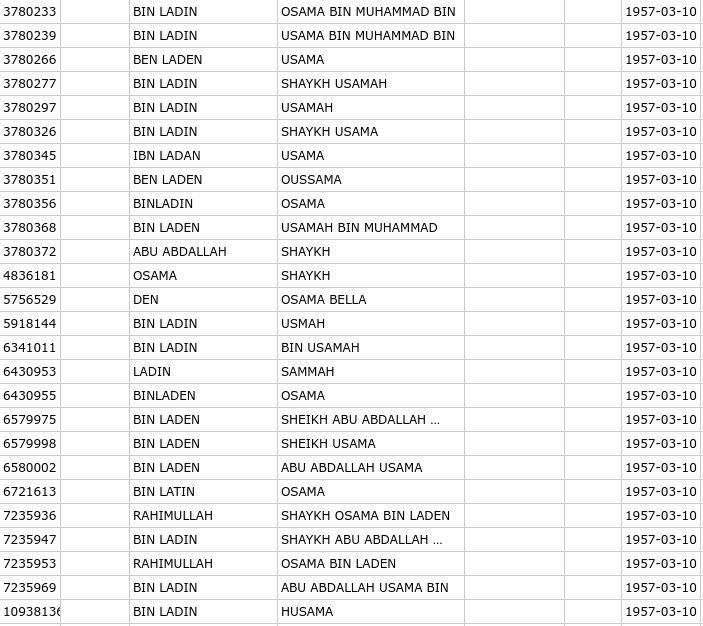IDP input to UN report on human rights of migrants
At the invitation of the U.N. Office of the High Commissioner for Human Rights (OHCHR), the Identity Project has submitted our input for a forthcoming report by the U.N. Secretary-General to the General Assembly on “The Human Rights of Migrants”.
Our previous submissions on this issue (2014, 2015) have been cited favorably in reports and recommendations of the OHCHR. But as we note in our latest submission to the OHCHR, the rights of migrants, especially asylum seekers, continue to be violated:
The pattern of violations of the rights of migrants, particularly asylum seekers, by states and common carriers (the latter often both encouraged and given de facto impunity by states) discussed in our our previous submissions to the OHCHR has continued and has become more pervasive and globally normalized.
As we discussed in our previous submissions to the OHCHR, the right to leave any country is routinely and systematically violated through (1) requirements for identity credentials or other documents or information as a condition of travel by common carrier, without respect for the right to leave any country and to return to the country of one’s citizenship regardless of what, if any, credentials or documents one possesses, (2) requirements for “pre-screening” and approval by destination states of common carrier passengers, prior to departure from origin states, that amount to de facto foreign-imposed exit visa requirements, (3) sanctions imposed by states on common carriers to induce carriers not to transport certain passengers on vessels departing from origin states, on the basis of necessarily unreliable predictions of admissibility to, or asylum in, destination states, and (4) failure by states to enforce the duties of common carriers (pursuant to common carrier laws and aviation treaties) to transport all would-be passengers, including asylum seekers, regardless of their legal status or possession of documents.
All of these actions involve the assertion of extraterritorial authority by a State X over individuals seeking to depart from the territory of a State Y, on the basis of potential inadmissibility of those individuals to State X, if and when they were to arrive in State X.
These are all, essentially, attempts to conflate exit, entry, and movement, and to convert the requirements established by State X for entry to State X into extraterritorial requirements for exit from State Y and for travel between State Y and State X, including travel by common carrier through international airspace or international waters.
There are (at least) three reasons why any such assertion of extraterritorial authority is fundamentally contrary to international law, including human rights law:
First, the right of State X to control entry to its territory does not imply any right to control exit from State Y or movement between State Y and State X. With respect to international air travel, Article 13 of the Chicago Convention on Civil Aviation provides that entry requirements of a state party apply only “upon entrance into or departure from, or while within the territory of that State”. Extraterritorial authority by a destination state over departure from other states or movement through international airspace or waters would be fundamentally contrary to the freedom of navigation by air and sea.
Second, the right to leave any country, as recognized by Article 12, Paragraph 2 of the International Covenant on Civil and Political Rights, is not contingent on admissibility to any other country. If a claim for asylum is denied, an asylum seeker may be deported, subject to the prohibition on refoulement. But the possibility that they might be denied admission or have their claim for asylum rejected on arrival is not a lawful basis for denial of their right to leave any other country, including by common carrier.
Third, because eligibility for asylum can only be determined after an asylum seeker arrives in a destination country, it is per se impossible for anyone – even government authorities, much less common carrier staff – to determine prior to departure from a country of origin whether an asylum seeker will be found eligible for asylum if and when they reach a particular destination country and apply for asylum. Any attempt to determine eligibility for asylum prior to departure from a country where an individual is in fear of persecution is necessarily premature and unreliable, and must be rejected as categorically impermissible and a violation of the right to seek asylum on arrival.
The right to leave any country and the right to travel by common carrier must be recognized as essential to the human rights of asylum seekers, including their right to life.
Today there is no practical, affordable, or safe alternative to air travel as a way to leave many countries. Denial of access to travel by common carrier amounts to denial of the right to leave the country and of the possibility to seek asylum anywhere else.
Restrictions on the right to leave any country, including restrictions on departure by common carrier, can endanger the lives of persecuted individuals by trapping them in situations of persecution or by forcing them to resort to irregular and dangerous means of transport as the only way to flee a country where they are suffering persecution.
Restrictions on travel by common carrier force asylum seekers – desperate to escape persecution – to risk their lives to travel by irregular means. Many of them die.
Many eligible asylum seekers could afford to purchase airline tickets or tickets on other common carriers (ferries, trains, buses, etc.) to travel to countries where, on arrival, they would be eligible for asylum. They risk their lives as “boat people” or walking across mountains and deserts, and some of them die, solely because airlines or other common carriers improperly refuse to sell them tickets or deny them boarding.
Many, perhaps most, deaths of asylum seekers in transit are directly attributable to “carrier sanctions” that incentivize common carriers to deny passage to asylum seekers.
Carrier sanctions kill, and they must be strongly and unequivocally condemned.
[Full submission of the Identity Project to the OHCHR, May 12, 2023]
We look forward to the forthcoming report and to the discussion in the General Assembly.



